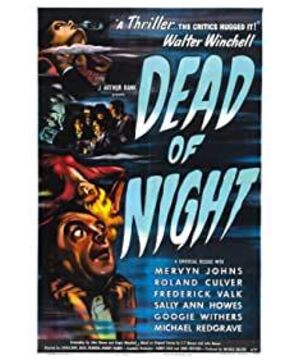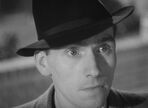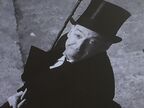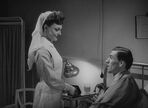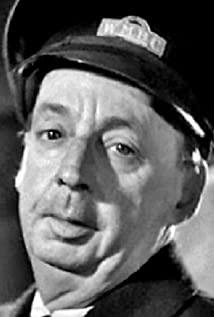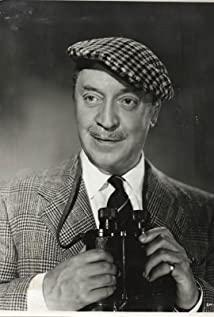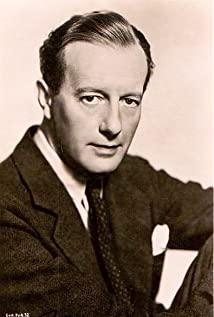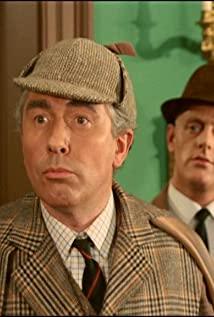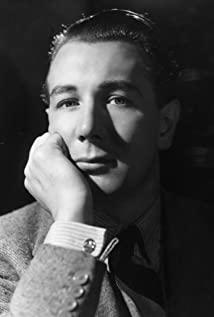An anthology horror fare from Ealing studios, not their usual practice, DEAD OF NIGHT's frame story is embowered in a country home where the hag-ridden architect Walter Craig (John, timorous at first, but becomes totally unheimlich near the end) is invited by its owner Elliot Foley (Culver) for renovation advice, upon arrival, it dawns on Mr. Craig that incredibly he has dreamt about the place and Foley's guests before although he has neither been here nor known any of them before.
While Mr. Craig assumes his unpremeditated role as a mentalist of divination through his vivid yet incoherent recollections in dribs and drabs, which presages something evil is in the offing, each guest by turns relates their respective preternatural stories which they encounter firsthand: in The Hearse Driver (directed by Basil Dearden, also responsible for the frame story), an automobile racer dodges a bus crush because he has had an uncanny vision of a hearse one night, whose driver is the carbon copy of the doomed bus conductor, and they utter exactly the same word; in the Christmas Party (directed by Alberto Cavalcanti), during a hide-and-seek game, a young girl unwittingly chances upon the bedroom of a murdered boy, and finds him alive and hums him a lullaby to sleep.
Next in line is The Haunted Mirror (directed by Robert Hamer), a silly (why not disposing the mirror in the first place?) but scathing sideswipe of a man's deep-rooted paranoia of being two-timed, when a husband is driven to strangle his wife by a mirror's eerie reflection of another room; it is followed by The Golfer's Story (directed by Charles Crichton), a lighthearted skit performed mainly by comic duo Basil Radford and Naunton Wayne as Parratt and Pott, two secondary characters originated from Hitchcock's THE LADY VANISHES (1938), in which their golfing days come to an abrupt end when both falling for the same girl, and soon they are heaven and earth apart but a cockamamie haunting comes about with amusing absurdity.
The centerpiece is the final episode: The Ventriloquist's Dummy (directed by Cavalcanti again), Michael Redgrave plays the titular ventriloquist Maxwell Frere, whose split personality escalates into murderous attempt when his dummy ostensibly becomes fully animate with a mean streak and partner-ditching motive. Redgrave's unbalanced verisimilitude deeply reflects the unsettling psychological undertow of someone who has been in conflict with his own existence and completely lost his marbles, and the set-up of the specious dual personas of the dummy and its master offers the whole mania a plausible bedrock of credibility and fascination.
Spooky sometimes, but never blood-curdling, George Auric's incidental music is uncharacteristically unobtrusive but aptly sustainable, DEAD OF NIGHT judiciously refrains from jump scares and gruesome imagery. The frame story also has an apparent victim in the person of a man of science, the Psychologist Dr. van Straaten (Valk), whose cornball refusal of acknowledging the paranormal phenomena makes him the obvious target of Mr. Craig, whose own derangement exacerbates along the way, and masterfully, an ouroboric finale satisfies viewers' piqued curiosity after a helter- skelter flurry of montage reveals the nexus of the seemingly discrete stories we have watched. In the event, DEAD OF NIGHT is a magnificent early horror enterprise that instils a spine-tingling tantalization into a quotidian milieu, which scads of emulators would follow suit.
referential entries: Crichton's A FISH NAMED WANDA (1988, 7.7/10); Dearden's VICTIM (1961, 8.3/10).
View more about Dead of Night reviews


